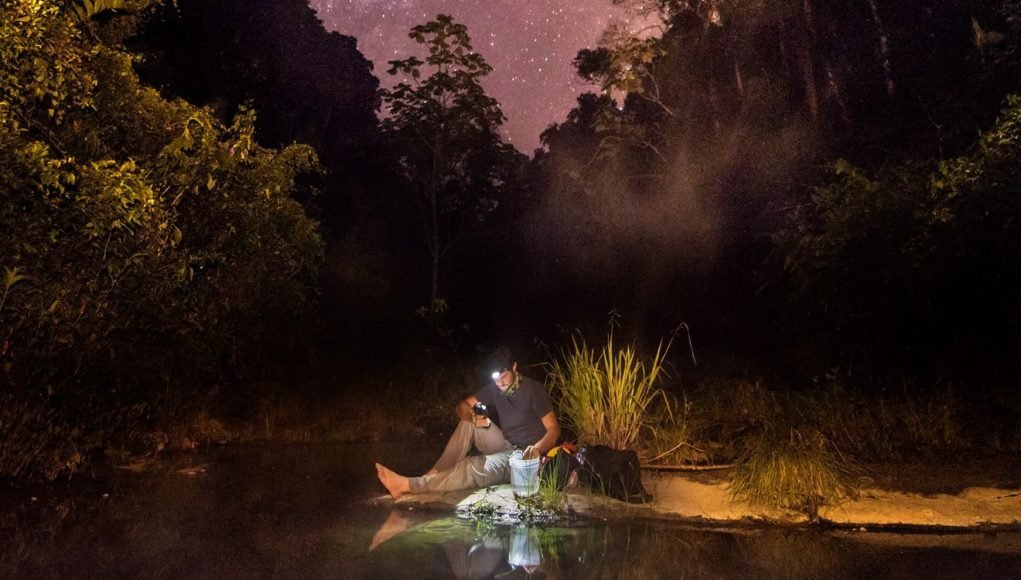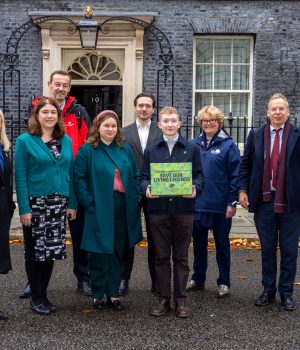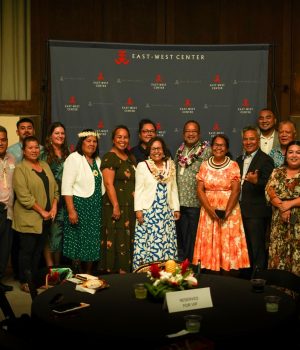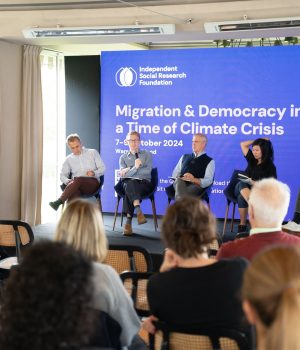Deadline: October 21, 2020 00:00 CEST| Apply here
[Oops, the opportunity has already expired. Sign up to AlphaGamma weekly newsletters to stay ahead of the game]
Eligibility: At least one member of your team has demonstrated technical skills (such as in machine learning, statistical data analysis, scientific modeling, software development, and/or remote sensing) to successfully complete the proposed project.
AI for Earth Innovation 2021
The National Geographic Society and Microsoft’s AI for Earth program are partnering to support novel projects that create and deploy AI tools to improve the way we monitor, model, understand, and ultimately manage Earth’s natural resources for a more sustainable future.
The grants given by the partnership will support projects that use cloud computing to create and deploy open-source models and algorithms that make key analytical processes more efficient in the field.
This partnership is focused on supporting projects that will build tools such as applications, application programming interfaces (APIs), or packages to be shared.
Microsoft will help the successful applicants make their models and tools available for use by other environmental researchers and innovators.
Artificial intelligence tools for a more sustainable planet
To address the many pressing scientific questions and challenges facing our planet, we must increase global understanding of how human activity is affecting natural systems and create a community of change, driven by data and cutting-edge technology.
Modern technologies, such as satellite imaging, bioacoustic monitoring, environmental DNA, and genomics, can capture data at a global scale, but also produce massive, complex data sets. Artificial intelligence (AI) and cloud computing can capitalize on the potential of such data, leading to faster and more meaningful insights and creating the opportunity for transformative solutions.
Categories
Extreme weather events, wildlife trafficking, rising sea levels, increased agricultural and urban development demands, higher global temperatures, and increased ocean acidity are among the threats to the natural systems and biodiversity we rely on.
Proposed work should address one or more of the topics below and create generalizable, scalable tools that can be used by other environmental researchers and conservationists.
Biodiversity
Biodiversity around the world is rapidly declining. AI can help us understand and address challenges such as these:
- Human-wildlife conflict
- Invasive species introduction and spread
- Habitat loss, including agricultural and urban encroachment
- Species discovery, identification, and distribution
- Wildlife poaching and trafficking
Climate Change
Countries and communities around the world are engaged in climate resilience, adaptation, and mitigation efforts. AI can help in areas such as these:
- Understanding and quantifying carbon sequestration
- Monitoring and understanding afforestation/reforestation efforts
- Identifying fire risks and ways to mitigate damage
- Extreme weather and climate modeling
- Sustainable land-use change
- Resilience to impacts caused by extreme events (e.g., droughts, floods, other natural disasters)
To strengthen your proposal, consider building a multidisciplinary team that spans technology and environmental science.
For example, pair an expert capable of creating and deploying an open-source model or tool with an environmental research specialist who could use that model or tool to address a pressing habitat loss question.
Why apply?
Applicants may request $5,000 to $100,000. The budgets of successful proposals will include reasonable, well-justified costs directly required to complete the project.
In addition to financial support, successful applicants will receive free access to AI for Earth APIs, applications, tools, and tutorials, and support for their computational work on Microsoft Azure.
Interested in applying for the the AI for Earth Innovation 2021? Register your participation by following the registration link and taking the suggested steps.
For more life-changing opportunities, subscribe to our weekly newsletter and follow us on Twitter, Facebook, Instagram and LinkedIn.






